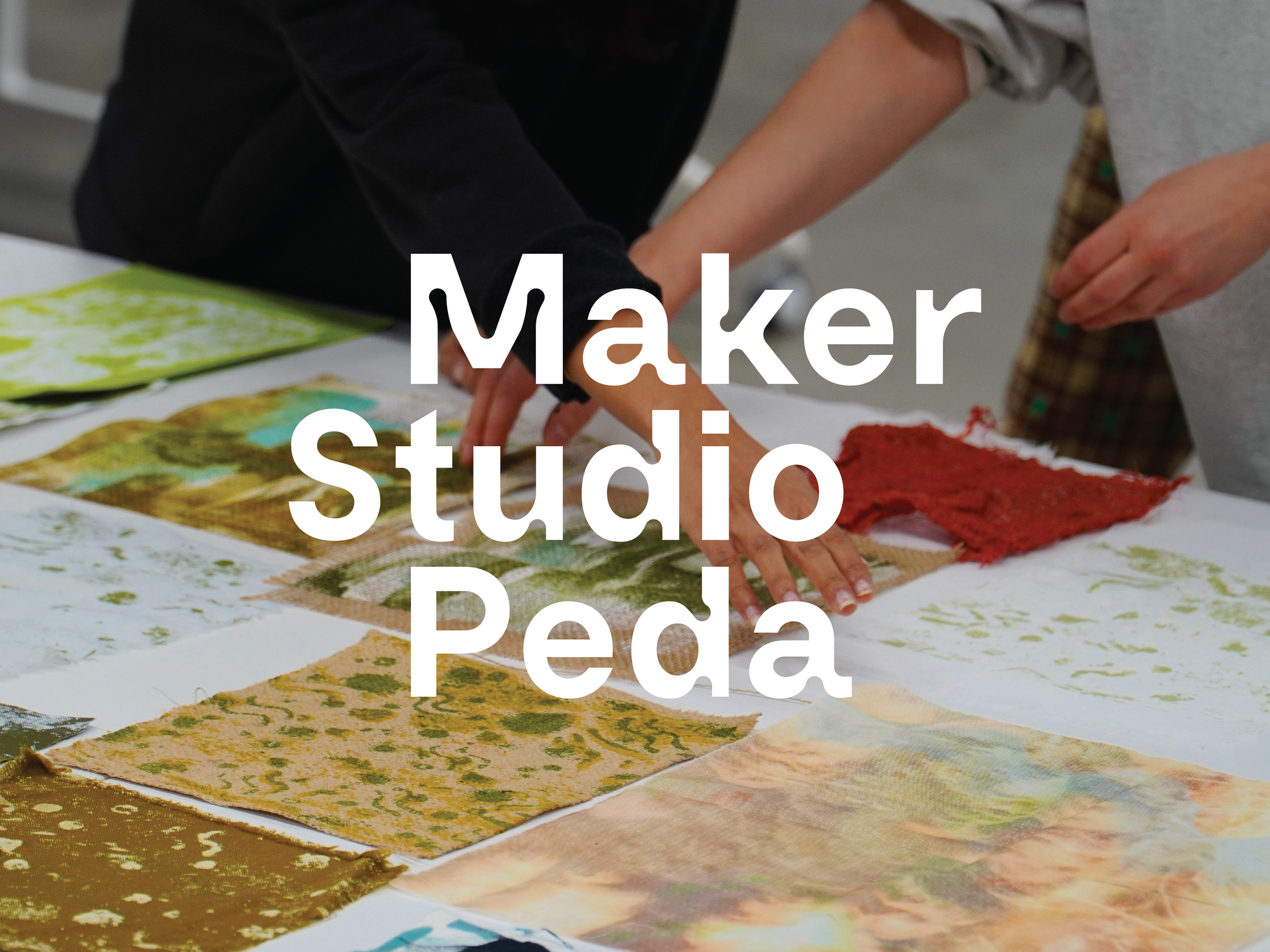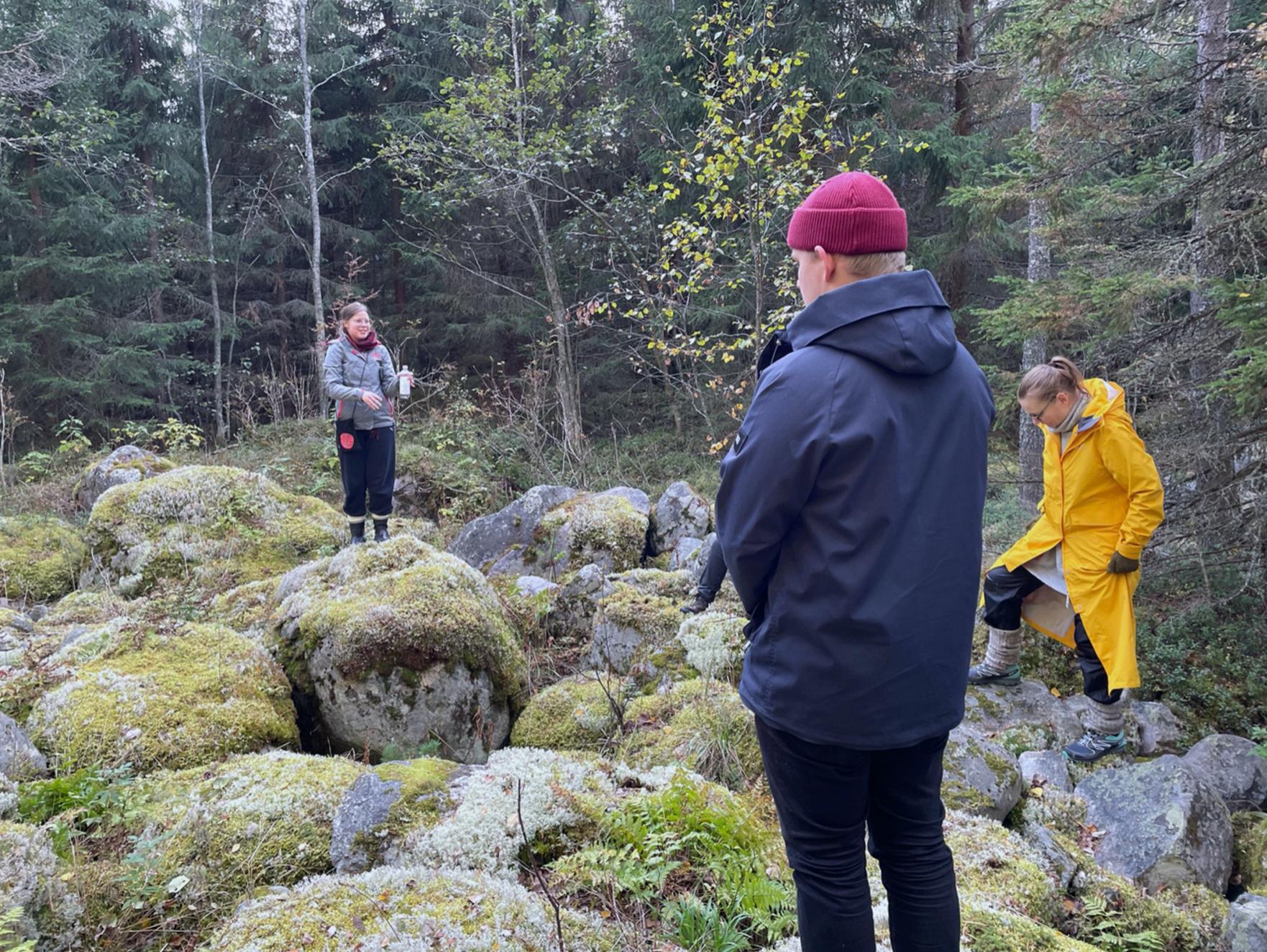We are an interdisciplinary research group using practices of art, design, and craft as vehicles of inquiry.
Ongoing projects

Sense of Water, 2022–26
Sense of Water is a transdisciplinary project conducted by researchers from the Finnish Environment Institute (SYKE), Natural Resources Institute (LUKE), and Aalto University’s Emprica research group. The project is funded by the Academy of Finland.
Read More →
MakerStudioPeda, 2020–24
MakerStudioPeda focuses on analyzing pedagogical practices for fostering creativity at university-level design education and craft teacher education in the digital age.
Radical Ceramics, 2022–24
Radical Ceramics is an initiative between the Department of Design and the Department of Civil Engineering. We will explore clay as a material for geopolymers and the possibility of using geopolymers in the context of studio ceramics.









